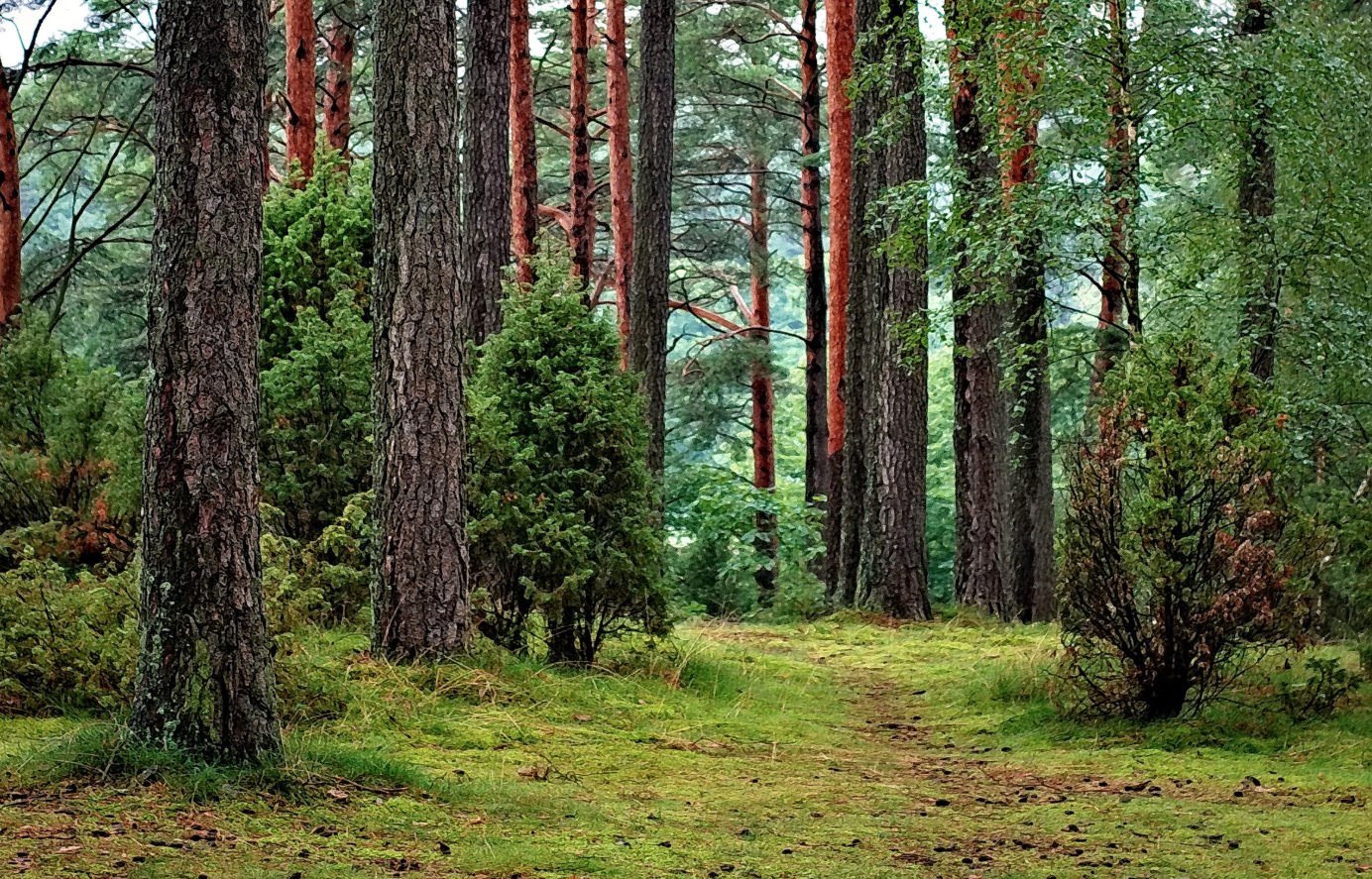 By Douglas LaBier April 9, 2019
By Douglas LaBier April 9, 2019
We’re constantly flooded with articles about how to reduce or control stress in our multi-tasking, demanding lives; how to achieve “balance” and wellbeing in daily life. Such articles and books typically list five or so steps to achieving it all. In truth, none of them work or are lasting. That’s why there’s a continuous market for them: people keep looking for the next one that promises the same thing, but better. More importantly, these “solutions” have to fail because they don’t deal with what generates so much stress and conflict to begin with, in work, relationships, and in our overall way of life in today’s culture. And therefore they can’t identify what does truly enable greater wellbeing and fulfillment.
That failing brings to mind something the 18th Century Zen poet Hakuin wrote: “Not knowing how near the truth is, we seek it far away.” That the truth may be right in front of our eyes and easily accessible is highlighted by evidence from two illuminating recent studies about stress and wellbeing. Though unrelated, they show what can relieve stress in a simple way. And they point to what could heal the deeper, pervasive unhappiness and dissatisfaction so many people experience in today’s culture.
A Nature Pill?
The first study found that just taking twenty minutes during the day to be in contact with nature significantly lowers your stress hormone levels. That’s all? Just sitting outside where you feel contact with nature, or taking a walk in a natural environment, has a demonstrable impact?
According to MaryCarol Hunter, the lead author of the study from the University of Michigan, “…for the greatest payoff, in terms of efficiently lowering levels of the stress hormone cortisol, you should spend 20 to 30 minutes sitting or walking in a place that provides you with a sense of nature.”
The study, published in Frontiers in Psychology, was able to conclude that a twenty-minute nature experience was enough to significantly reduce cortisol levels. And if you spent a little more time immersed in a nature experience, 20 to 30 minutes sitting or walking, cortisol levels dropped at their greatest rate.
The research method, described here, was able to determine the duration of what they termed a “nature pill” in order to reduce levels of the stress hormone cortisol. Hunter explained that the researchers were able to “…identify the optimal duration of a nature pill, no matter when or where it is taken, and under the normal circumstances of modern life, with its unpredictability and hectic scheduling.”
So there’s a simple “practice” that works. No need for 5 or 6 steps. Go try it.
The Experience of “Oneness” and Wellbeing
Why that “nature pill” can reduce stress becomes clear when you take a look at another study. It found that people who believe in “oneness”—the view that everything in the world is interconnected and interdependent—have greater life satisfaction than those who don’t. And that’s regardless of whether they belong to a religion or don’t.
The study, from the University of Mannheim, involved nearly 75,000 people in Germany. According to lead author Laura Marie Edinger-Schons, the findings “…reveal a significant positive effect of oneness beliefs on life satisfaction, even controlling for religious beliefs.”
She added that strengthening the more general belief in the oneness of everything has the potential to enhance peoples’ lives and might even be more effective than traditional religious beliefs and practices at improving life satisfaction. The study was published in the journal Psychology of Religion and Spirituality.
The Upshot
I think both studies point to the reality that much of the stress and emotional conflict people experience in today’s culture arises from chasing after what we learn to think will bring happiness and fulfillment. We’re conditioned to think they lie out there; “far away,” as Hakuin wrote. That is, through over-attachment to money, status, appearance, power over others, material possessions, “getting” the right career, the right partner, even.
All of that becomes extreme forms of self-absorption; ego-attachment. They keep you chasing one after the other. Absent is inner peace; internal wellbeing, which is rampantly absent in our culture. The consequences range from stress, burnout, chronic depression or anxiety; to unconscious self-undermining or self-destructiveness; or corrupt personal and social behavior, to drug and alcohol addiction, and major psychiatric disturbances.
Immersion in nature takes you “outside” of yourself; of those pursuits—even for the moment. It pulls you away from attachment to external validations of your self-worth and frees you from what you believe will bring you fulfillment. The “nature pill” pulls you into awareness of unity with life in all its forms; into human connection, the capacity for love, and appreciation of just being alive. And that’s what the people in the German study described, from the “inside,” from the inner life. Awareness of interconnection, of oneness, activates greater wellbeing because it helps free you from what you think you “need” from the external world. It helps you let go of over-attachment to all of those “things”—which are ultimately impermanent and transitory, anyway.
Credit: Pexels
